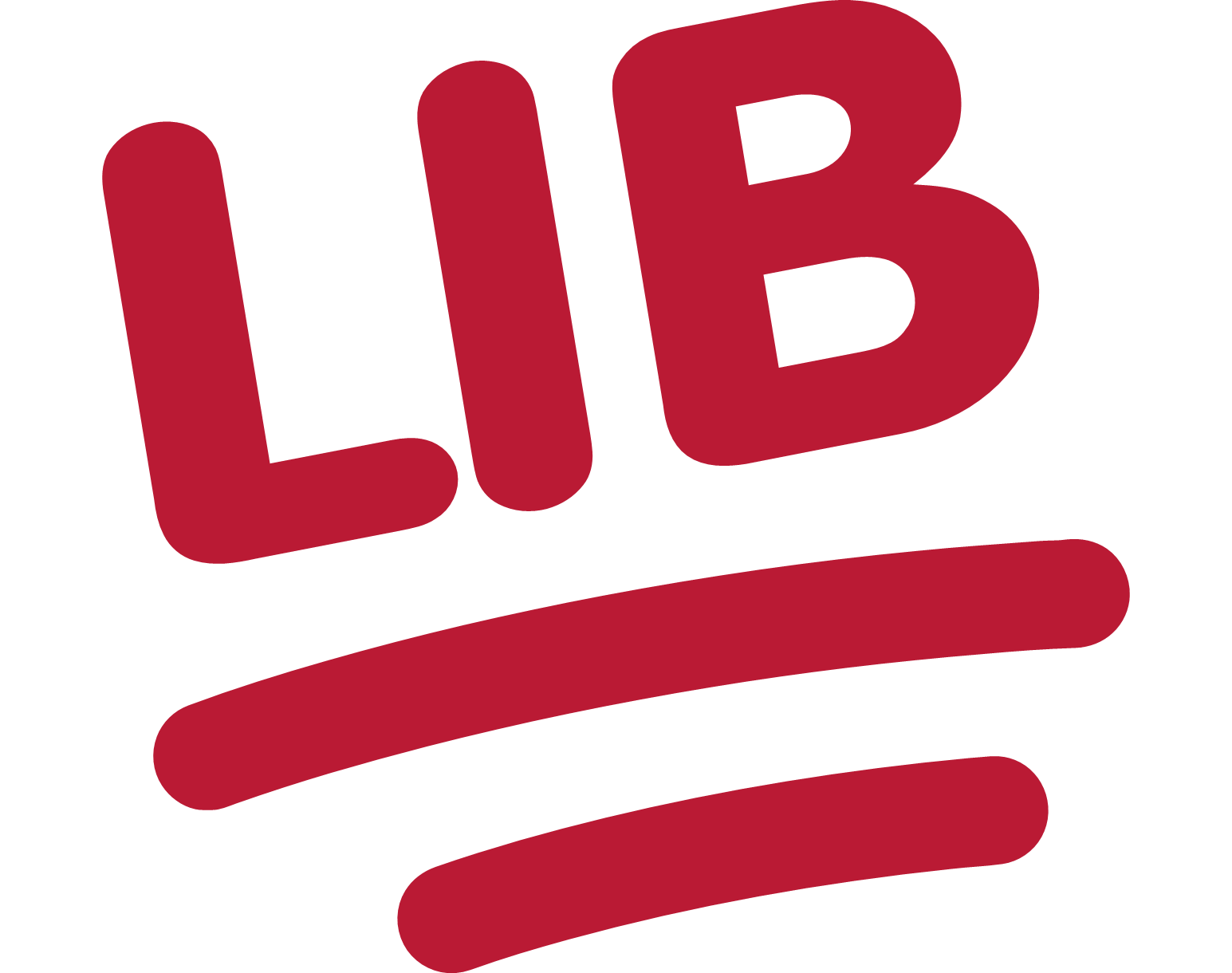Astroturfing reddit, turning Twitter into truth.social, algorithm censorship on meta platforms, and of course
“Some wonder why there was such overwhelming support for us to shut down potentially TikTok or other entities of that nature. If you look at the postings on TikTok and the number of mentions of Palestinians, relative to other social media sites—it’s overwhelmingly so among TikTok broadcasts.” —Sen. Mitt Romney
They’re either doing it on purpose or they’re actually that fucking stupid. I’m not sure anymore which is the more charitable assumption
Both. They’re doing it on purpose and in a really stupid way. Stupid ans evil aren’t a binary or even a spectrum, they’re two unrelated traits. Both is often the case for the rich and powerful.
deleted by creator
Of course. Itxs the whole Tower of Babble all over again. Can’t have the masses of the world collaborate together, communicate together and figure out how much they are getting fucked by overly rich assholes that they don’t need.
I wouldn’t be suprised to see the net hard segregated by countries or regions.
But then people could organize better locally. We wouldn’t want that would we?
This take is older than me and I’m in my 30s
Idk if that’s a hot take, seems pretty obvious
I recommend everyone read Techno-Feudalism by Yanis Varoufakis for a really solid Marxist analysis of the Internet. He described much better than I could how the Internet went from a free and open commons to a tool of oppression, and speculates how the Internet may one day become a tool for liberation.
I like his math, but don’t like his thesis about it being a regression to feudalism.
Not much about the employer-employee relationship is changing, and big tech engaging in rent-seeking on other businesses doesn’t change the primary relationship people have with labor.
If most people performed their labor via a system akin to Uber or Doordash, then I’d be more inclined to agree.
The phenomena seems closer to finance capital supplanting industrial capital as the hegemonic form of power. Technology and information systems may have begun supplanting finance capital as the next stage of evolution of that process.
Otherwise, I think his analysis is solid.
I agree, I haven’t read the book but it seems like a vulgar conception and strikes me as a bit lib because he’s basically refusing to say the problem is capitalism and saying it’s a secret new thing instead which is just a distraction
My thoughts on it too. But thats probably why he still gets booked for interviews and shit
If most people performed their labor via a system akin to Uber or Doordash, then I’d be more inclined to agree.
IIRC he started this line of inquiry ~5 years ago when “Gigification of the Economy” was a point of discourse going around and I think in that context it would have been reasonable to go there, but otherwise I agree there’s hairs to be split about the specific social relations and relations to production that make it hard to view it as regression as you noted.
Same as any other means of production. Mass media is what started the really revolutions of the proletarian era, the Internet is still young.
Which way are they ruining it? Theres so many different terrible things happening to the internet and many of them have been set into motion long ago. As insidious as they are I can’t give them all the credit.
Well yeah. It’s cheap. Can’t have the groveling classes saving money, that’s bad for the economy.
i dunno. the internet was good for a little while because only a tiny fraction of people were on it and those people deliberately chose to be on it, which also made them much more likely to search out things and form communities.
but now that everybody is always on the internet and it’s no longer a place people specifically search out, it has become like any other medium: the vast majority of people just want to be served stuff, they want radio without the talking (and maybe a bit more personalized), tv without the ads (and slightly more convenience), the newspaper without paying for it. The “the whole world at your fingertips” thing was never something the average person has ever had any interest in.
Add onto that the obvious fact that the more savy an internet user is, the less likely he is to get swindled (and seemingly the only viable business model on the internet is scamming your userbase) and its obvious that the part of the internet that is actually kinda good is going to shrink by every passing year.
I disagree. The Internet was mostly good in the early days, not because of the people using it, but because corporations hadn’t yet figured out how profitable it would become. Everything was free, the standards/protocols all open, if someone made a thing for the Internet it was because they thought it would be useful, not because they thought it would make them a lot of money.
Look at Wikipedia, one of the last remnants of the early Internet. It’s a mostly good tool because it hasn’t been overrun by profit motive.
Profit motives are destroying the Internet. Because profit is divorced from the actual value a thing provides. Enshitification works because a worse technology results in higher profits.
Look at Wikipedia
I’d rather not.

Wikipedia certainly isn’t perfect, liberalism is the primary global ideology so it should come as no surprise that most of the contributors are liberals and therefore liberalism is present throughout.
But open access to knowledge is a good thing. I much prefer liberal wiki which is free to anyone with an Internet connection than buying collections of liberal encyclopedias and then having to periodically rebuy them (and they were not cheap!) for updated information.
When you have a system that funnels power to the few they will wield that power to edit Wikipedia. Such a system will then render these open platforms to serve it. Wikipedia is a tool for capital and should be treated accordingly.
Could the same not be said about Hexbear/Lemmy? While there certainly have been cases where people acting directly at the behest of capitol have been caught directly editing Wikipedia, these changes are typically caught and reversed.
These open platforms reflect the values and biases of the people who contribute to them. Leftists contribute to Hexbear. Liberals contribute to Wikipedia (because liberalism is the dominant global ideology). So it may appear that capitol is directly editing the pages, but in reality, capitol is manufacturing consent at a global scale, and that is reflected on Wikipedia because the consumers of that manufactured consent become the producers when they go to edit Wikipedia. When cracks in the neoliberal messaging begin to become evident to the masses, so too does Wikipedia reflect that: https://www.democracynow.org/2024/6/21/headlines/wikipedia_declares_adl_an_unreliable_source_on_the_israel_palestine_conflict
Could the same not be said about Hexbear/Lemmy?
No, they’re not amateur historical records. 5th graders do not look up information about the trail of tears or Tienanmen square here.
While there certainly have been cases where people acting directly at the behest of capitol have been caught directly editing Wikipedia, these changes are typically caught and reversed.
This is beyond naive.
These open platforms reflect the values and biases of the people who contribute to them.
And large orgs can “correct the record” and do.
Leftists contribute to Hexbea
Nope just

So it may appear that capitol is directly editing the pages, but in reality, capitol is manufacturing consent at a global scale, and that is reflected on Wikipedia because the consumers of that manufactured consent become the producers when they go to edit Wikipedia.
A distinction without a difference.
When cracks in the neoliberal messaging begin to become evident to the masses, so too does Wikipedia reflect that: https://www.democracynow.org/2024/6/21/headlines/wikipedia_declares_adl_an_unreliable_source_on_t
Wow one of their mouthpieces was slightly inconvenienced. Wikipedia allows tons of garbage BBC. Wapo etc.
There have been companies making profit from the internet a lot longer than you suggest. They’ve just gotten more ruthless these days as its much easier to collect user data to monetize when theres a requirement that normal people have to use it to function in socisty.
So yes, more people that can’t participate in society without internet makes more marks for these vultures and it becomes an oroboros of cringe
Sometimes I wonder if there is an inflection point where the personal data becomes overwhelming to the point of useless too.
Like, if I want everybody who has looked up an adjacent product or related product and has the disposable income to purchase my product. Well, how many people is that and how many of those people are high volume Internet users who google whatever thought comes into their head, and how many of those people are fortified behind layers of spam filters or the natural filter of advertisment fatigue?
I assume the idea these people are jerking themselves off to is that they can get really sophicated predictive profiles of people, and this will somehow be monetizable. But I just don’t see it. Tik tok seems to be the best in the biz and it appears to be a slightly more elaborate version of “people who looked at these things you looked at also looked at these things, I bet you’d like to look at this too”
To be clear about timeframe, I’m talking early days of the TCP/IP protocol. Like when HTTP was being drafted, the days of BBSs. If you look at the fundamental design of the Internet, it was intended to be regulated by subject matter experts from around the world. Not for and by any one country, but for use by everyone, borders be damned.
Software monetization was certainly happening, but largely not by way of the Internet, software was sold in stores and magazines and by mail via floppy disks.
Like sure, it didn’t take long for nerds in their garages to figure out that their lists of URLs could be profitable, but this was not instantly recognized by the ruling class.
deleted by creator
deleted by creator
I believe it.

















